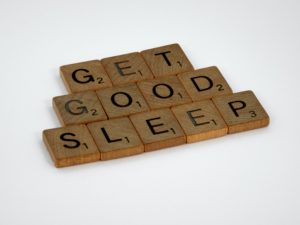
Acupuncture, a medical practice derived from traditional Chinese medicine, offers a holistic, natural approach to treating a variety of disorders, including sleep problems.
How can acupuncture benefit those seeking to regulate their sleep and improve their quality of life?
Fundamental Principles of Acupuncture for Sleep
Acupuncture is based on the idea that vital energy, or “Qi”, flows through the body along pathways called meridians. Imbalances in Qi flow can lead to a variety of health problems, including sleep disorders.
Acupuncture seeks to restore this balance by inserting fine needles into specific points on the body.
Benefits of Acupuncture for Sleep
Stress and Anxiety Reduction
Acupuncture is renowned for its soothing effects on the nervous system, which can help reduce stress and anxiety, two common factors that disrupt sleep.
Improved Sleep Quality
Studies have shown that acupuncture can improve sleep quality by increasing the production of melatonin, a hormone that regulates the sleep-wake cycle.
Circadian rhythm regulation
By restoring a balanced flow of Qi, acupuncture helps regulate the circadian rhythm, leading to more regular, restorative sleep.
Reduced Insomnia Symptoms
For insomnia sufferers, acupuncture reduces the frequency and severity of insomnia, leading to deeper, uninterrupted sleep. A certain number of sessions are needed to regulate the sleep cycle over the long term.
Acupuncture represents a promising therapeutic option for those seeking to improve their sleep. By tackling sleep problems in a natural, holistic way, acupuncture is a valuable addition to your health and well-being.


